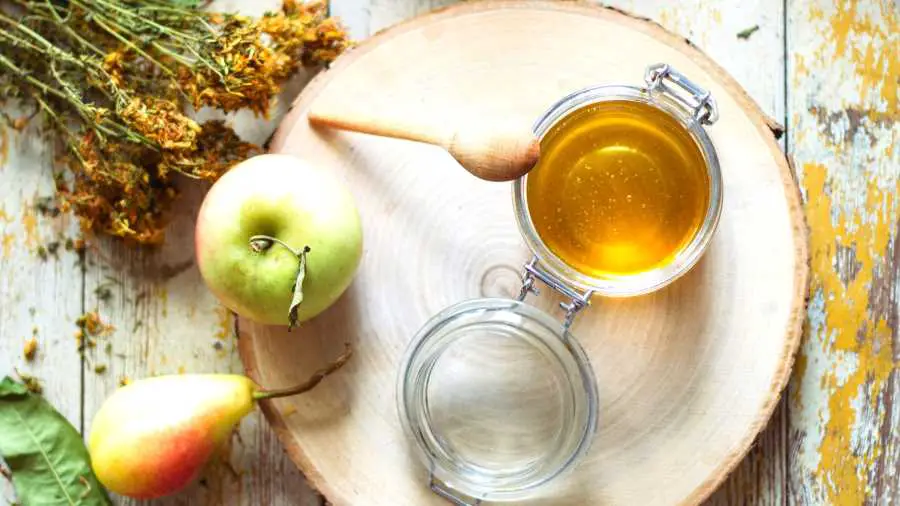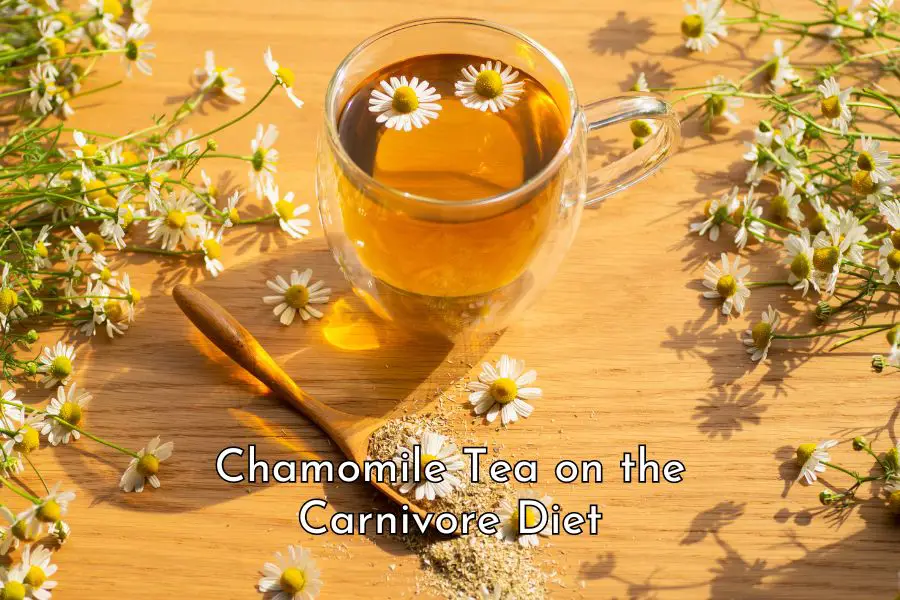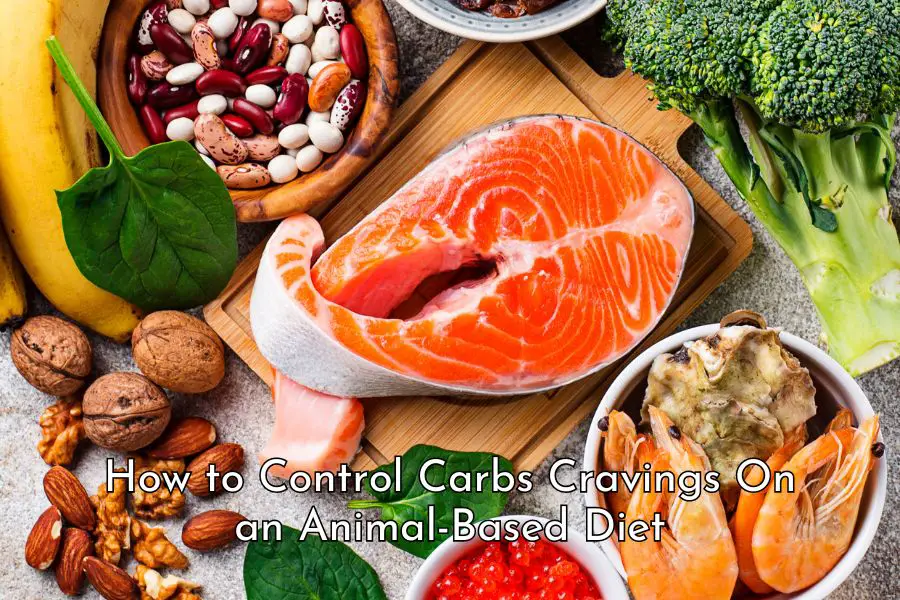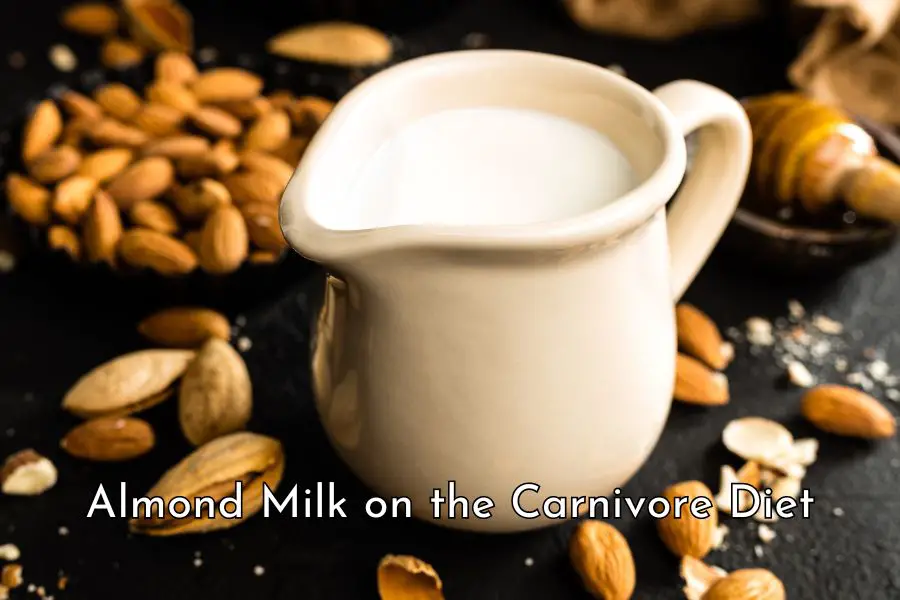Should you go pure carnivore or carnivore plus fruit and honey (i.e. animal-based diet) to reach optimal health?
In this post, I will argue that pure carnivore is a better option for most people based on the balance of evidence that I have looked at.
In summary, a pure carnivore diet is a better option because:
- Animal-sourced food can provide you with every nutrient that your body needs
- Fruit and honey are a source of carbohydrates, but carbohydrates are not essential because your body has the ability to make sugar on an as-needed basis
- Fruit and honey that are available to us today are totally different from what our ancestors used to consume and our ancestors were likely to have consumed a very small amount of seasonal fruit and very little honey
- Fruit and honey are high in sugar which is highly addictive. Overconsumption is a real risk and can lead to metabolic health issues.
However, there are also some arguments that support the inclusion of fruit and honey on a meat-based diet:
- They were part of our ancestors’ diet
- They can help you maintain metabolic flexibility and offer survival advantages
- Carb-rich food like fruit and honey signals energy abundance and carb intake reduces cortisol responses
- Fruits are the lowest in toxins among all plant-based food.
If you are not sure whether a pure carnivore diet or a meat-based diet with the addition of fruit and honey is better, do try out both versions and observe the differences in how you feel.
If you begin to gain unwanted fat and experience autoimmune symptoms or gout flares when adding fruit and honey, or if you previously suffer from metabolic syndromes, then a strict carnivore is likely more suitable for you.
On the other hand, if you feel much better just by adding a bit of fruit and honey to a meat-based diet with no other side effects, then there is no reason to avoid them.
Why a pure carnivore diet is a better option
Below are the reasons why I believe a pure carnivore is a better option for the majority of people.
1. Meat has everything the human body need
Meat, fat, and organs can provide you with every nutrient that your body needs, from complete proteins and quality fats to all the essential vitamins and minerals. [1]
Even the humble ground beef has everything that your body needs, in my opinion.
In addition to providing you with essential nutrients, animal-based food is also an abundant source of many beneficial bioactive compounds such as taurine, carnitine, conjugated linoleic acid, endogenous antioxidants (CoQ10, glutathione, lipoic acid, spermine, carnosine, and anserine), and creatine. [2]
While you may fail to meet the recommended daily intakes for some nutrients by eating meat, fat and organs only, remember that these recommendations are aimed at the general population and may not be relevant to an extremely small subset of the population who eats only animal-based food.
When you eat highly bioavailable and nutrient-dense food, your body can utilize what it consumes a lot better and doesn’t need as much.
2. The human body can produce sugar on an as-needed basis
Fruit and honey provide you with carbohydrates, vitamins, minerals, proteins, fats, and fiber but we either don’t need those from fruit and honey or can endogenously produce them.
First of all, let’s talk about carbohydrates. Carbohydrates are not among the established essential nutrients for the human body and that means we don’t need dietary carbohydrates to ensure the healthy functioning of our bodies. [3, 4]
When carbohydrate intake is extremely low (e.g. on a carnivore diet or a ketogenic diet), your body’s glycogen stores will be depleted quickly. However, the endogenous production of glucose in the body via a process called gluconeogenesis will be activated to ensure glucose is available for the central nervous system on an as-needed basis. [5]
With regards to vitamins, minerals, proteins, and fats, as mentioned above, animal-based food is an excellent source of those nutrients that is highly bioavailable and doesn’t come packaged with plant toxins.
Fruit is a source of fiber and there is this persistent myth that fiber is essential for a healthy diet. However, the reality is fiber has absolutely no nutritional value.
In a 2007 editorial for the World Journal of Gastroenterology, Dr. Tan and Seow-Choen, call fiber “the ultimate junk food. It is neither digestible nor absorbable and therefore devoid of nutrition. People who ingest fiber are ingesting them to make feces only“. [6]
While some observational studies do find health benefits of fiber, quality controlled trials do not show protective effects of fiber and eliminating fiber is actually found to be beneficial. [7, 8, 9, 10, 11, 12, 13, 14]
3. Fruit and honey available today are not what our ancestors used to eat
There is an argument that because fruits and honey were part of our ancestors’ diet, we should include them too in our diet for optimal health.
However, although our ancestors certainly would have eaten fruit and honey from time to time, the types of fruit and honey that they ate are totally different from what is available to us today. They were also likely to have consumed a very small amount of carbohydrates and only seasonally.
Bigger, sweeter, juicier fruits
The fruits that we eat today are all bigger, juicier, and a lot sweeter as a result of thousands of years of selective breeding by farmers and genetic engineering in recent times.
For example, the domestication of inedible wild bananas resulted in multiple-time bigger, sweeter, and seedless bananas that consumers are accustomed to today.
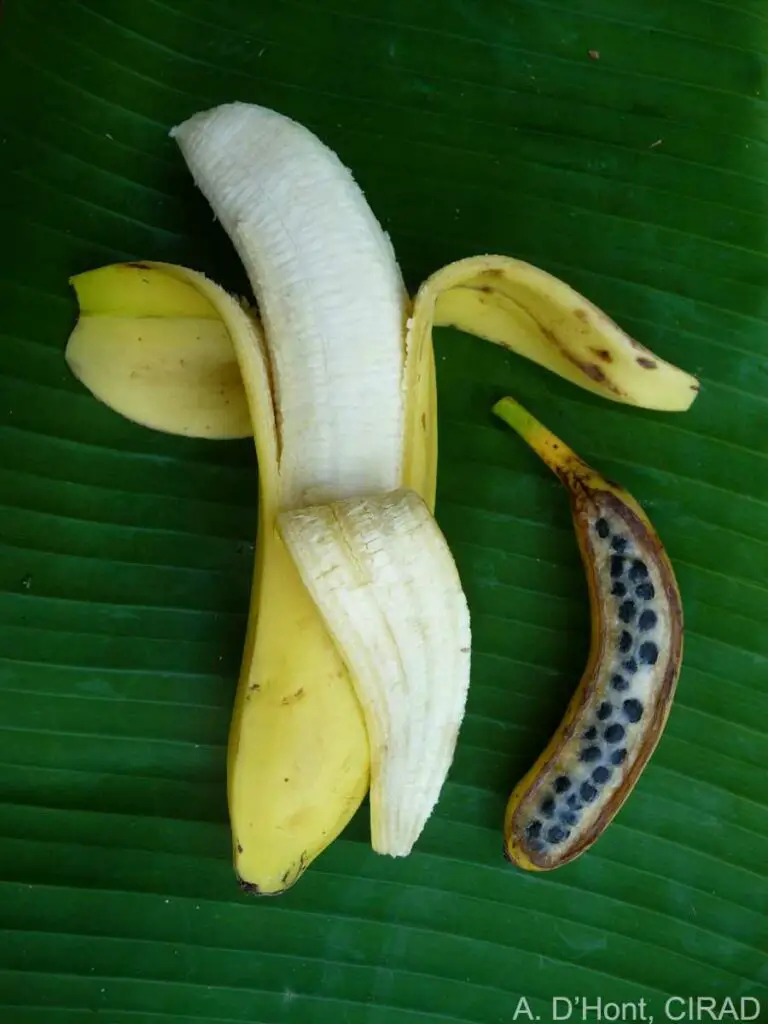
The same thing happens to watermelon, grapes, peaches, berries, and apples, etc.
Cultivated apples are estimated to be 4 times heavier and 40% less acidic than wild apples. I’ve encountered wild apples that are only thumb-size with large seeds, very little flesh, and extremely sour. [15]
It just didn’t make sense for our ancestors to go about searching for those low-caloric wild fruits (an activity with an extremely low return per calorie spent) when they could kill a large megafauna and feast for days (an activity with an extremely high return per calorie spent). Hence, it is highly probable that they would only do so to survive when they have no other choice.
Heavily sprayed with pesticides and herbicides
Fruit that we eat today is also heavily sprayed with pesticides and herbicides. It is estimated that, each year, staggeringly, over 1 billion pounds of pesticides are used in the United State alone and around 5.6 billion pounds are used worldwide. [16]
A large percentage of those pesticides is likely to be used on fruit crops and pesticide residues have been found in the majority of fruit samples tested. [17]
Contaminated and fake honey
Widespread use of pesticides in agriculture has a flow-on effect on the quality of commercial honey as well.
In a study that analyzed 198 honey samples from around the world, 75% of the samples were found to contain measurable quantities of at least one of the five tested neonicotinoids (one of the most widely used insecticides in the world). In addition, 45% of samples had two or more and 10% had four or five. Even a sample that came from a beehive kept in a forest in Neuchâtel surrounded by organic farms was contaminated. [18, 19, 20]
Pesticide residues found in honey have been found to have an adverse impact on the semen quality of exposed individuals and animals. [21]
In addition, the practice of adulterating honey (adding refined sugars such as corn syrup to real honey or feeding sucrose syrup to honey bees) is relatively common. Some claims that honey is the third-most-faked food behind milk and olive oil. [22, 23]
Consumption of adulterated honey leads to elevated blood sugar which can have other health implications such as diabetes, weight gain, obesity, increased blood lipids, and high blood pressure. [24]
So, our ancestors were likely to have consumed very little honey (how often do you see a hive of honey bees in the wild?) and the little honey they might have had once in while is very different from the type of honey most people have access to today.
Available in abundance all year round
Another major difference is our ancestors only had access to fruit for a limited time of the year (most likely during late summer and early fall) and to honey very rarely, whereas today we have access to them all year round.
Eating with seasons allows your body the time to deal with plant toxins from that particular seasonal fruit before getting exposed to other kinds of plant toxins. But eating fruit and honey across all seasons means exposing your body to a constant load of certain plant toxins and sugar influx.
4. Fruit and honey are highly addictive
In theory, it is still possible to imitate our ancestors’ intake of fruit and honey by having an extremely small amount of organically grown fruit that is in season and having a small serving of honey only once in a while.
However, this is an extremely hard thing to do in today’s environment because fruits and honey are available all year round with high sugar load and they are very addictive.
Some fruits (e.g. berries, lemons, avocados, and starfruits) are relatively low in carbohydrates but most commonly eaten fruits (bananas, apples, mangos, melons, grapes, and oranges) are high in carbs and sugar.
The key problem with sugar-rich food is it is very hard to portion control and can easily lead to overconsumption.
Sugar has been found to trigger the reward center in the brain similar to the way addictive drugs do. In animal studies, it is found that “sugar and sweet reward can not only substitute to addictive drugs, like cocaine, but can even be more rewarding and attractive“. [25, 26]
From an evolutionary perspective, it is easy to understand why humans are addicted to sugar or carbs.
Throughout human evolution, food was scarce and carb-rich food was hard to come by. Therefore, the human brain is programmed to “eat as much as you can in time of abundance” and store excess calories as fat. This helps prepare for lean times and improves the chance of survival. [27]
Most of us don’t have to worry about famine anymore but our genetics haven’t caught up yet and so when we eat highly palatable carb-rich food, the reward center in our brains is triggered, we feel happy and satisfied, and we naturally want to eat more.
For our ancestors, if they happened to have eaten a lot of fruits and honey during summer and early fall, it wouldn’t have been a problem at all. They would burn off the stored fat during the winter months due to food scarcity and daily hard physical work to procure food, water, and shelter.
But for modern humans today, it is a big problem. Highly palatable food is available in abundance 24/7 and we hardly ever need to exert ourselves to obtain them. We eat more than we expend because our brain is still hard-wired to prepare for the famine that never comes.
I believe this mismatch largely contributes to the obesity epidemic we are currently facing with around two-thirds of the adult population in developed countries being either overweight or obese.
Fructose, the main type of sugar found in fruit and honey is another problem.
Unlike glucose, fructose doesn’t initiate insulin release and is metabolized in the liver by fructokinase which doesn’t have a negative feedback system and can lead to the depletion of ATP (energetic currency for the cells in our bodies). [28]
Fructose consumption has been linked to a number of health problems, including insulin resistance, hypertension, obesity, liver disorders, and diabetes. [29, 30, 31]
If we can limit our consumption of fruit and honey to a small quantity for a limited time (a few months a year), it shouldn’t be a problem.
However, as mentioned above, sugar is highly addictive and with fructose being the sweetest naturally occurring carbohydrate of all, it is generally very hard to moderate intake.
If you cheat once with a high-carb meal and can’t stop, you know you’ve got a carb addiction and it’s best to stay away from carbs altogether.
The case for the inclusion of fruit and honey
There are, however, some arguments that adding fruit and honey to the carnivore diet can have certain health benefits.
Fruit and honey were a part of our ancestors’ diet
Although their exact role in human health (as a survival food only or needed for optimal health) is yet to be ascertained, fruit and honey were likely a part of our ancestors’ diet and influenced our genetic makeup in some way.
If you want to truly adopt the ancestral way of living, you can make fruit and honey a part of your diet.
Fruits and honey offer survival advantages
Adding a small amount of seasonal fruits, vegetables and a bit of honey to your diet can help maintain metabolic flexibility and offer a survival advantage.
As your body is exposed to plant anti-nutrients from time to time, it will develop the ability to handle these plant toxins.
If you suddenly have to rely on mostly plant food to survive, you’ll fare much better than those who have always been on a strict carnivore diet. You won’t fall sick for a few days just because you’ve had a few berries, a banana, or a mango.
However, on this point, I’m not exactly sure whether this is your body becomes stronger or your body simply stops crying out that this stuff is not good for it after being ignored repeatedly.
Carb-rich food signals energy abundance
Proponents of the meat-based diet with fruit and honey argue that carbohydrate-rich food signals energy abundance and reduces stress and there is some evidence supporting that argument.
A small study finds that carbohydrate ingestion immediately prior to combined mental and physical stress reduces cortisol responses. [32]
Fruits are low in toxins among all plant-based food
There is also an argument that fruits are the only part of plants that are meant to be eaten because that helps plants to propagate.
The theory goes like this: plants want to spread their seeds far from their sources for better survival and have developed a way to communicate with animals via vibrant colors, fragrances, and tastes of the fruits.
When fruits ripen, their toxin levels are low because plants “want” us to eat their fruits and spread the seeds.
However, this has never been proven and doesn’t explain why so many colorful and inviting fruits are poisonous to humans and some animals and the majority of fruits we encounter in the wild are also inedible.
If your ancestors lived near the equator, you may be able to handle more carbs
If your ancestors lived near the equator and consumed a lot more fruits and honey than people living elsewhere, you may have the pre-disposed genetics that allows you to handle a higher carb load than others.
Conclusion
There are both arguments for and against adding fruit and honey to a meat-based diet.
Based on the balance of evidence available, my personal view is that a pure carnivore diet is a better option than an animal-based diet with fruit and honey for most people in today’s context.
While it is potentially possible to imitate our ancestors’ diet by eating just a small amount of seasonal fruit and consuming a bit of honey every now and then, it is very difficult to implement given the addictive nature of carb-rich food and the kind of environment we live in today.
It is a lot easier to not eat at all than to eat just half of a banana or a few slices of mango. Once you are on the carb trail, you just have to keep going and soon you will no longer be on an animal-based diet anymore.
Those who previously have a carb addiction or suffer from metabolic syndromes should be extremely careful with adding carbs back to their diet.
However, there are many people who say they feel a lot better when they add fruit and honey to their diet. There are also people who are happy to stick to just plain old meat and steer away from carbs because as soon as they add a bit of carb back, they begin to accumulate belly fat even though they are very active physically.
Whether adding fruit and honey is a good idea or not for you, ultimately, you will have to test it out for yourself.
Go strict carnivore (with just ruminant meat, fat, and organs), keep detailed records of what you eat and how you feel and get blood work done if possible. Then add fruit and honey and do the same. Observe the difference and decide for yourself.
Other posts you might be interested in:
Best Sources of Omega 3 on the Carnivore Diet
How Much Organ Meat Should You Eat on the Carnivore Diet?
What Is the Best Meat to Eat on the Carnivore Diet?
What Are the Best Ways to Cook Meat on the Carnivore Diet?
Is Carnivore the Best Anti-Aging Diet Around?
11 Common Carnivore Diet Mistakes
Carnivore Diet for Beginners: 15 Tips for Success
Disclaimer: The information in this post is for reference purposes only and is not intended to constitute or replace professional medical advice. Please consult a qualified medical professional before making any changes to your diet or lifestyle. Please check out our disclaimer for more detail.
Photo credit: Polina Kovaleva

